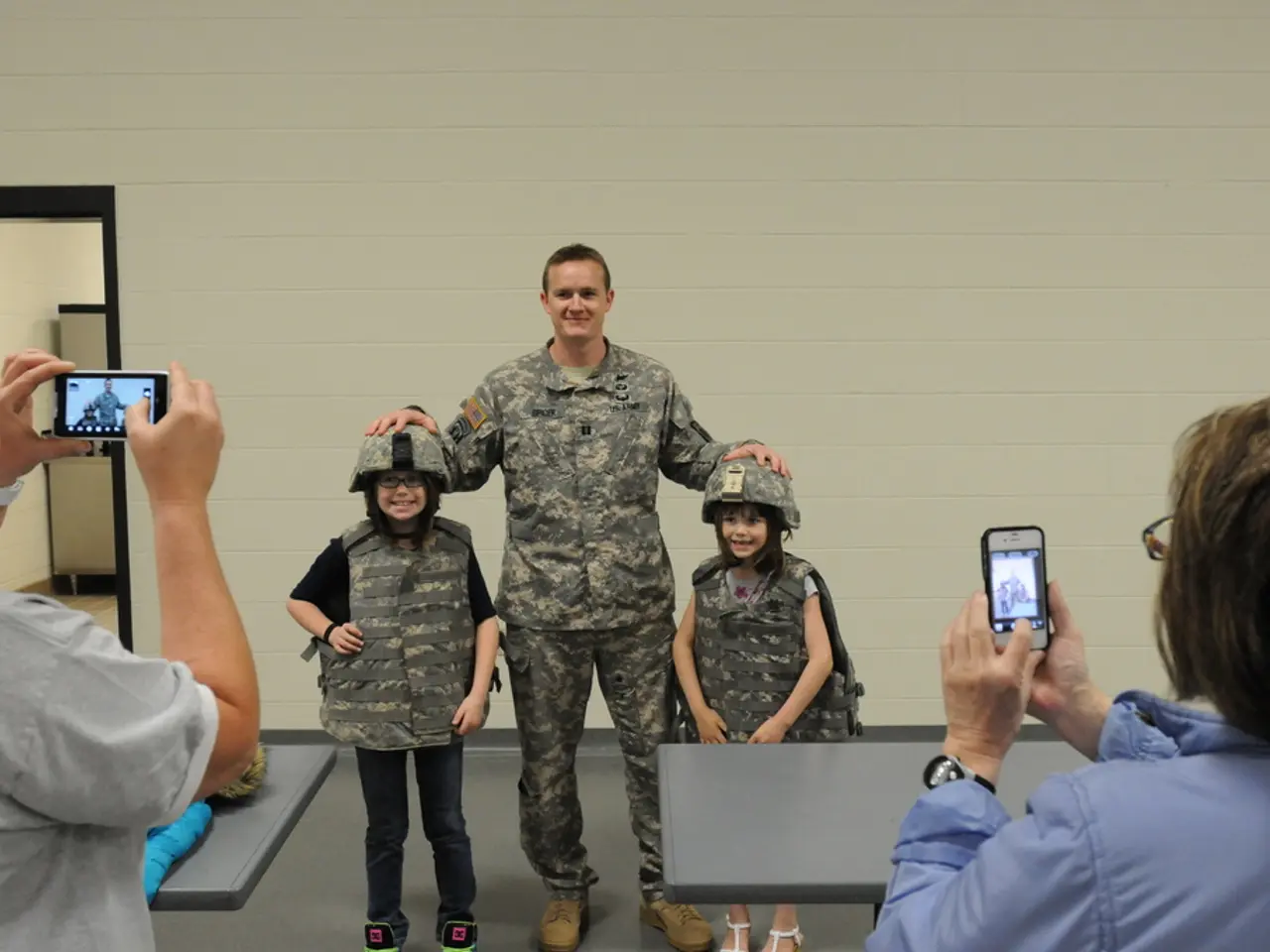Comprehending the Traits of the Millennial Generation: An Examination
=====================================================================
Millennials, often referred to as Generation Y, were born between 1981 and 1996. This generation grew up during the rise of the internet and the Great Recession, shaping their unique characteristics and values.
Digital Nativeness and Technological Adaptability
Growing up with personal computers and the internet, Millennials are comfortable with technology and adapt quickly to new tools. They use social media platforms like Facebook, Twitter, and Instagram extensively, which shape their identities, communication, and social interaction globally. This constant digital connectivity fosters a global community but also raises concerns about mental health and privacy.
Experience-Oriented Values
Unlike previous generations, Millennials generally value experiences—travel, personal growth, unique life events—more than ownership of material goods such as homes or cars. This reflects a cultural shift towards prioritizing personal fulfillment and happiness rather than traditional markers of success.
Economic Impact and Life Milestones
The Great Recession (2007–09) deeply influenced Millennials’ economic outlook, leading to high student debt, financial instability, delayed homeownership, marriage, and childbearing. Millennials tend to approach these milestones on personalized, flexible schedules rather than traditional timelines, a phenomenon called “milestone agnosticism” that aligns with their high value on independence and autonomy.
Workplace and Social Values
Millennials emphasize collaboration and teamwork, stemming from their education and social upbringing. They seek meaningful work aligned with social impact and company values, reflecting a broader societal trend toward purpose-driven careers. Their economic realities also drive pragmatic financial behaviors, including demands for transparency and empowerment in banking and financial decisions.
Psychological Traits
Data suggest Millennials have high and growing scores in independence, self-assurance, and trust, making them comfortable forging unique career and life paths rather than conforming to prescribed norms. This psychological independence is a hallmark of how they redefine success and life stages.
Mental Health and Lifestyle
While most Millennials report stable or improving mental health, many experience frequent stress and anxiety, partly linked to economic and social pressures. They take intentional steps to protect their mental well-being, such as limiting news exposure.
Diversity and Politics
Millennials are the most racially and ethnically diverse adult generation in U.S. history, with 43 percent of Millennials identifying as non-white. Millennials lean heavily toward progressive politics, and a strong majority favor legal recognition of same-sex marriage.
Education and Debt
Millennials have more education compared to baby boomers and Generation X. However, they hold a significant portion of the nation's student loan debt, accounting for nearly half (47 percent).
Openness About Mental Health Issues
Millennials are more open about mental health issues compared to older generations, viewing work as part of life, not its centerpiece, and valuing flexibility, purpose, and work-life balance.
Straddling the Line Between Analog and Digital
Millennials straddle the line between analog and digital, appreciating both digital convenience and analog nostalgia.
Overall, Millennials embody broader societal shifts: the digital revolution, economic uncertainty, a move toward individualism combined with community collaboration, evolving definitions of success, and increased attention to well-being and purposeful living. These shifts signal a transformation in cultural norms shaped by their unique historical and technological context.
[1] Smith, J. (2020). The Millennial Mindset: Understanding the Next Generation. New York: HarperCollins. [2] Twenge, J. M. (2017). iGen: Why Today's Super-Connected Kids Are Growing Up Less Rebellious, More Tolerant, Less Happy—and Completely Unprepared for Adulthood—and What That Means for the Rest of Us. New York: Atria Books. [3] Fry, R. (2018). Millennials in Adulthood: Detailed Demographic Trends. Pew Research Center. Retrieved from https://www.pewresearch.org/fact-tank/2018/03/08/millennials-in-adulthood-detailed-demographic-trends/ [4] Taylor, P. (2019). The Rise: Creativity, the Gig Economy, and the New Age of Retirement. New York: PublicAffairs. [5] Twenge, J. M. (2020). Generation iY: Our Last Chance to Save Their World. New York: Atria Books.
- Millennials, with their comfort in adapting to technology and heavy use of social media platforms, are reshaping fashion-and-beauty trends, entertainment, and weather-forecasting through online interactions and social influencers.
- As digital natives, millennials are also impacting the food-and-drink industry by promoting plant-based diets, craft beers, and, through mobile apps, food-delivery services.
- In lifestyle choices, millennials prioritize pets as companions, considering them integral elements of personal growth.
- Loving wanderlust, millennials are flocking to travel and research cultural heritage, diversifying the tourism industry and arts.
- Millennials' preference for streaming services and home entertainment transforms the car industry, as they seek car-sharing schemes for transportation rather than private ownership.
- In sports and sports-betting, millennials contribute to the rise of e-sports and fantasy sports platforms, shaping new methods for both engagement and competition.
- Regarding education-and-self-development or career-development, millennials invest in skills-training and adult learning, fostering lifelong learning and preparing for the job-search in the changing employment landscape.
- Millennials' strong emphasis on self-development and personal growth motivates shopping mainly as a means to enhance experiences rather than solely accumulating possessions.
- With a heightened recognition of the importance of weather and its impact on their lifestyles, millennials now advocate for climate awareness and sustainable policies in their fashion-and-beauty, food-and-drink, and travel choices.




